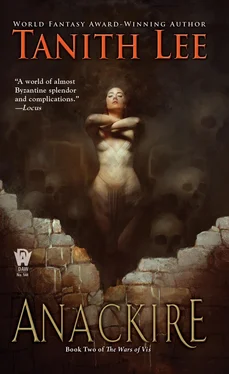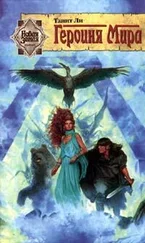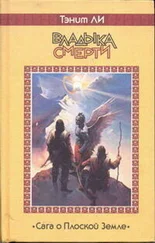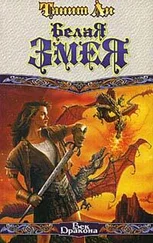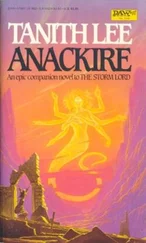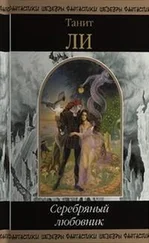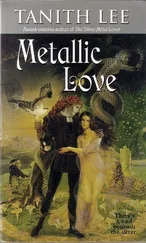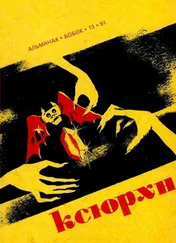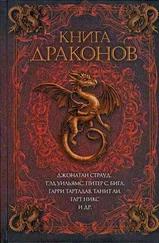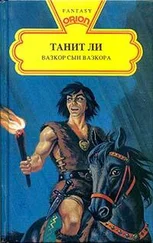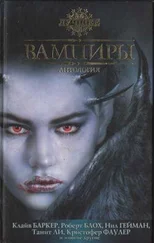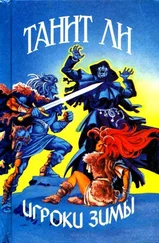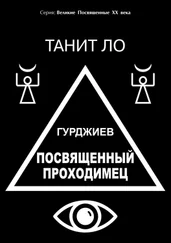Val Nardia gasped. “You hate me,” she said abruptly. “Your kind hate all of us who have the blood of Vis. I shouldn’t be here. Your goddess, not mine.”
Eraz did not glance at her, her eyes were lamps. She seemed not to be human.
“Yours, if you will accept Her. You don’t need my comfort, Princess. This is what we try to teach you. You need only Her, and to know the power within yourself.”
“You disdain to listen. My crime—”
The golden eyes returned to her.
“Search firstly within yourself. Then, if you fail yourself, you may come to me.”
Val Nardia flung away. She ran across the mosaic and, reaching one of the obscured exits, ran down it into the ground.
Eraz paused. She became in her mind two persons, as she had trained herself to become. The first said to her, This girl has no fortitude to bear these things. She understands nothing. Eraz answered, Each of us has the fortitude to bear all things. For centuries, my people believed they were the victims of this earth, ordained to suffer and to perish, finally to be expunged. But at last they were shown another way. They believed then they would be world-lords, as in the depths of the past. This now is the path they would tread. Val Nardia is in the hand of the goddess. She must come to know this. But I think, too, her destiny forbids it.
And far off, she was aware of Val Nardia, hastening through the under-temple, wrapped in her black pall of shame, and the tiny new-lit candle at the core of her, blacker to her than all things else.
Storms tore through Istris, dry storms without rain. There began to be some fears of drought. Then water speared from the swollen cumulus and the bright summer hail that flamed where it struck stone or metal.
In the last quarter of Zastis, came a Karmian feast day, the Festival of Masks. The marble walks were still running with rain at sunfall, but the skies had been polished of cloud, from the apex sheer to a magenta sea.
The city began to resound like a beaten drum, flaring into mobile lights that ran frenetically everyway. Vanes of colored glass hoisted on the street torches turned the boulevards mulberry, amber, indigo, the shades of Aarl, till they were smashed. In wild costumes the richer rabble and the more adventurous well-to-do paraded themselves, concealed by the represented faces of sun and moon and Red Star, beasts, demons, and banaliks.
The palace itself, seldom demure after dusk, had blazed up like a bonfire, cacophonous with music and buffoonery.
There were rumors the King might go abroad in the city later, suitably hidden in a mask of gold, that old escapading streak getting the better of him, as the tales told it had so often done before. What beggars would win horses tonight? What thirteen-year-old virgins boast, ten months from now, that Suthamun Am Shansar was responsible for the wailing thing bouncing on its springy womb-chain?
There was another rumor too. It had started somewhere around the harbor. Kesarh Am Xai had come back, without the permission of his King. Even before the rain stopped and the sky hollowed, this theme was current everywhere. The King himself had heard it reported, and furiously laughed it to scorn.
“Who is Kesarh Am Xai?” Suthamun had demanded. “Am I familiar with the name?”
As night climbed, the drink poured like the rain and lovers coupled in the fever of the Star in doorways, on roofs, on bell-hung carts, kissing through masked lips, starting up or down into faces of sunbursts and orynx. Drunks had visions. Some spoke of having seen the Prince Am Xai here or there. Of having shared a beer jar with him in Lamp Alley, or discussed pirates in the lower city. Or he had gone by with a swirl of his cloak and two or three of his soldiers, on not-so-secret secret business somewhere, but masked like all the rest. This was a new apparition. Generally, Istris saw ghosts at the Festival of Masks. Numerous times the hero Raldnor Am Anackire himself had driven his chariot along its roads, red-haired Karmian Astaris at his side, and men had fallen on their knees and tipsily fainted. Of course, it was quite likely someone had been dressed to fool the populace, some dark-skinned man donning white hair and a fair imitation of the old Dortharian scale-plate dragon mail. And there were many red-haired women now, from the mixing of bloods.
Jornil, the Oldest Son, First Heir to the King, did not recall from whence the idea had initially sprung. He thought it his own entirely, and it appealed to him at all his various levels, of vanity, of mischievous caprice, of envy and of idiocy.
In the beginning, the elegant clothes of the marvelously sanguine red dye had required some alteration. Kesarh was leaner at waist and pelvis than Jornil, and longer-legged besides. When the necessary amendments had been carried out—somewhat under the pretext that the discrepancy was in the shoulders, which would need widening—the notion was introduced that Suthamun might not wish to see his heir in the apparel of one disgraced.
Jornil was careful of his father. The other heirs were children; it was not so much a chance of being cast off, or even of a loss of privileges. It was more some incoherent thing that had to do with the stronger personality of his sire, which had cowed Jornil from the cradle, and helped, with the obverse cushioning of Karmiss, to make him what he was.
So, he did not put on the prized clothing. And thus began to look for some opportunity to get away with putting it on. Then, as the festival approached, the second notion was introduced.
In fact, one of the re-fitting tailors had supplied the first caution against wearing the clothes. The suggestion of assuming them on the night of the masks came from a girl, cunning not only in bed. Both had been paid to do this service for the Prince Jornil. The paymaster was a fellow with loosely curling black hair, Vis, but lighter-eyed than most. Only the girl recognized him as a man who had previously attended the Prince Am Xai, and she had the wisdom to forget it.
The rumors that Kesarh had been spotted in Istris amused Jornil greatly. When he left the rowdy feast in the palace hall, and went to change into Kesarh’s red clothes, he needed his sun-ray mask to hide his excitement.
Since manhood, he had been sensitive to Kesarh. Kesarh had seen to it, in some off-hand, under-played fashion, that he should be. Now, to become Kesarh for a night was awesome, a challenge. On top of that, to carry on his father’s legendary tradition, haunting the city in disguise, added its own sauce to the jaunt.
Suthamun would go mad, if he ever learned the truth. But Jornil, along with nervousness, had gained a total lack of respect for his father’s ability to reason.
When he had on the clothes, he pulled off the sun-ray mask. The mask he replaced it with was quite unremarkable, save that one half was black, the other half white. Pouring back from the crown of it, the wig of thick black hair covered up his blondness.
Jornil strutted for himself in front of a mirror. Then went out, his legs moving in Kesarh’s long stride, by lesser passageways, into an inside court. There he mounted a black zeeba, and his escort of five guards, their mail washed dark, unfurled a small banner, signaled with a fire-lizard.
They pelted out into the city.
It was nearly midnight, and the carnival was in some places escalating, in others getting sluggish.
When the first cries went up— Am Xai—It’s the Prince Am Xai— Jornil grinned hugely and unseen.
He went on grinning a long while, till his jaws ached. He never for an instant questioned why he, who ostensibly had everything Kesarh had not, should be impelled to this, and gain such enjoyment from it.
Inevitably the enjoyment and excitement started to take fire from Zastis. He began to want a girl, and to look about for one he fancied.
Читать дальше
